'E'ssential: Vitamin E for Horses
Let's start with the facts...
- Vitamin E is the #1 antioxidant that horses naturally consume to protect themselves from free radicals and oxidative stress. It is a critical component to a healthy immune system. Horses do not make or synthesize vitamin E themselves, so it can only be obtained through diet.
- Fresh pasture grasses contain ample amounts of vitamin E, but most horses in training and competition are predominantly in environments where they most likely are not receiving fresh pasture, and thus, need to supplement E into the diet.
- Hay has very low concentrations of vitamin E. Even though you may have the same species of fresh grass in pasture, once the pasture is cut and turned into hay, due to the natural storage process and drying, the amount of bioavailable vitamin E is diminished considerably.
 Mares, foals, athletes, and retirees utilize vitamin E to maintain health free radical levels and a normal oxidative state.
Mares, foals, athletes, and retirees utilize vitamin E to maintain health free radical levels and a normal oxidative state.
- Many commercial feeds and supplements use a synthetic source of vitamin E, which has extremely low bioavailability compared to the natural source.
- You can go and check the source of Vitamin E in your feed by looking for these particular letters: synthetic Vitamin E it is going to have the letters dl-tocopheryl acetate. Natural Vitamin E will be denoted as d-alpha-tocopheryl acetate. It's a subtle, but important designation.
- Liquid vitamin E (nanoemulsion) provides high bioavailability, but is particularly unstable. These products are great for the first 30 days, but after that you have a phenomenon called 'after-ripening', which begins as soon as the product is exposed to air.
Now, a solution:
- Equithrive Vitamin E Pellets offer increased bioavailability and stability in a highly palatable and easy to feed form, ensuring your horses are getting adequate vitamin E intake, no matter the season or environment.
The bottom line:
- Vitamin E supplementation for horses may support performance and normal recovery times in equine athletes by supporting healthy free radical levels.
- Aging horses can benefit considerably from the antioxidant activity of vitamin E supplementation, as free radical levels generally increase during the natural aging process.
- Additionally, nursing mares need adequate vitamin E to support the immune system of their foals.
- But not all vitamin E is created equal, so think Equithrive or talk to your veterinarian about finding the right solution for your horses.
Reviews are in...
⭐⭐⭐⭐⭐
"I recently learned that horses with limited access to pasture also have limited access to vitamin E. I had my vet run a test and sure enough, Willow tested below the minimum recommended level. I wish I had unlimited pasture but I don’t, so I’m thankful that I’m able to meet her needs using Equithrive’s all-natural Vitamin E."
-Stacy Westfall
⭐⭐⭐⭐⭐
"I’ve used the vitamin E for about 6 months now, I saw improvement in coat and feet in the first month. I started using E because of the studies on how it helps the gut and that performance horse are very low on this important vitamin. I call the great hair coat and hoofs a happy side effect! Having an Arab where fake tails are not allowed, his tail has become fuller and grew about 6 inches in the time I’ve used it. I recommend this product to everyone."
-Elizabeth P.
⭐⭐⭐⭐⭐
"Absolutely, 100% satisfied with Equithrive’s Vitamin E supplement. The easy to feed pellets are even approved by my picky eater. Since beginning the Vitamin E pellets, my guys have bloomed and look so much healthier!"
-Julie G.



